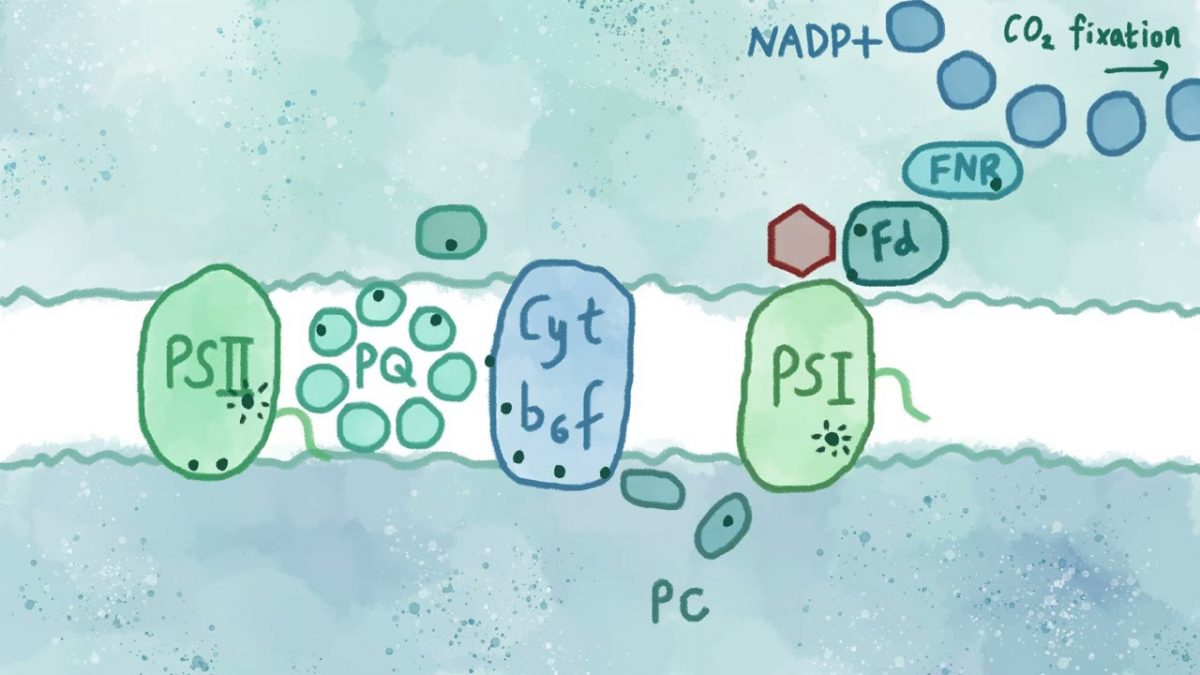Photosynthesis ‘hack’ unlocks new renewable energy possibilities!

In a groundbreaking development, researchers have successfully “hacked” the initial stages of photosynthesis.
Humans have already found one way to use the Sun to power homes, namely by converting heat and light into electrical energy. Now, University of Cambridge researchers have discovered a biological way to do the same with chemical energy. Basically, it involves extracting electrons at the early stage of photosynthesis.
While the premise sounds quite simple, there’s a reason this hasn’t been discovered before. First, the initial attempts to use photosynthesis to produce clean, renewable energy left scientists believing it was impossible. It was challenging to establish how to extract those electrons that could fuel and empower future generations.
Secondly, they didn’t have ultrafast spectroscopy to study the proteins in plants which form part of the initial photosynthesis process. What the researchers discovered is a molecule called quinone that has a gorgeous green, ring-like shape. This molecule actually causes excess electrons to escape during photosynthesis, or rather, it steals the electrons.
What this discovery means is that scientists might be able to use the same mechanism to steal electrons during the initial phases of photosynthesis for renewable energy that actually works in sync with the environment. Whether that means scientists will do experiments with plants or create their own photosynthetic technology is yet to be seen.
So, the trick from here is working out how to use those excess electrons to our advantage. While it hasn’t been mentioned anywhere yet, I can actually personally see this as a solution for a colony on Mars. I’ve probably played too many science fiction games, but I can see domed facilities on the red planet absorbing sunlight, and using different techniques to capture heat and light like we do now, but also incorporating the photosynthesis method for renewable fuel.
Advertisement